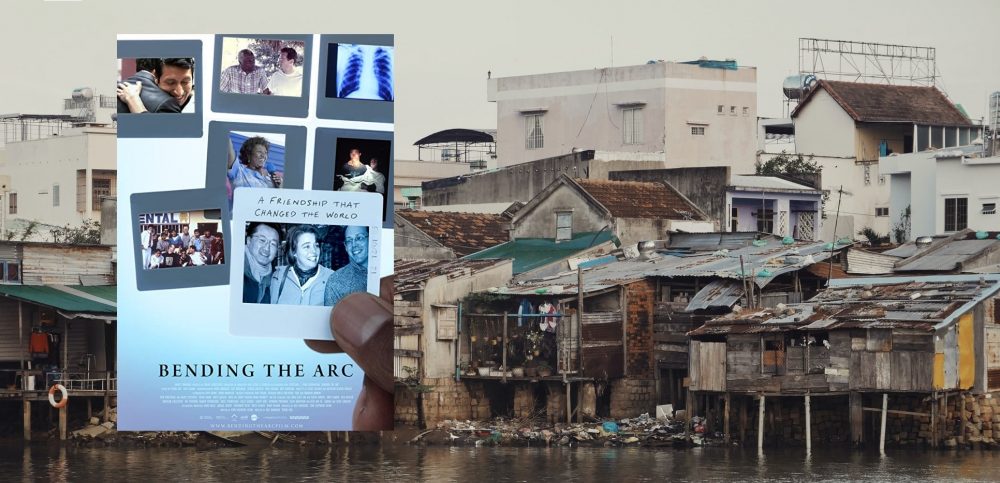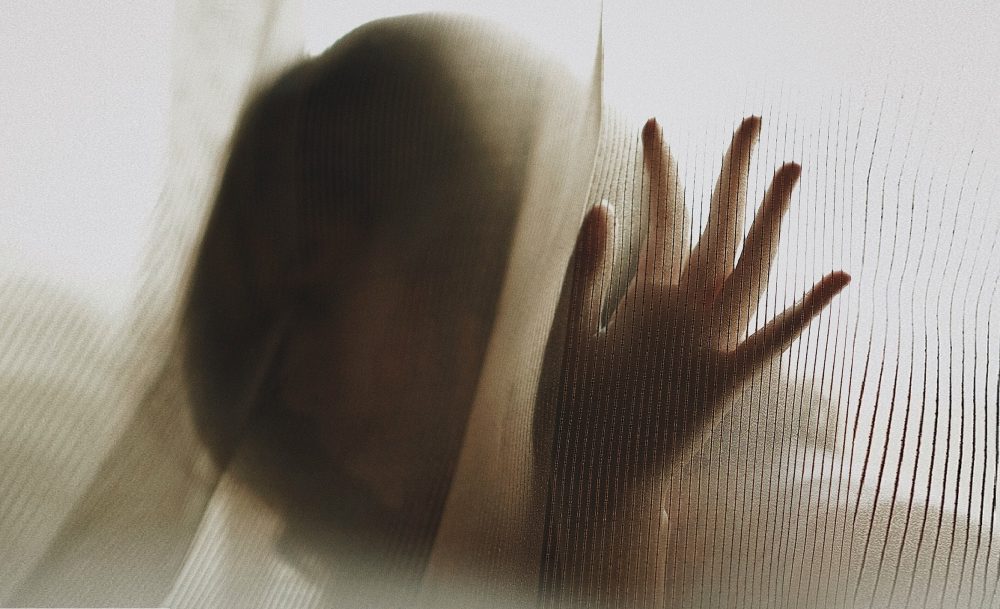
“I do not pretend to understand the moral universe, the arc is a long one… But from what I see I am sure it bends towards justice.”
The Christian abolitionist Theodore Parker’s quote was made famous after repeated use by Dr Martin Luther King Jr, and its employment as an active process forms a fitting title for this inspiring documentary.
Bending the Arc tells the story of the origins and early years of Partners In Health.
Bending the Arc (currently available on Netflix) tells the story of the origins and early years of Partners In Health, an internationally renowned health charity originally based between Boston and Cange, Haiti. It tracks earnest, callow medical students Paul Farmer and Jim Kim as they work with their friend Ophelia Dahl to try to improve access to healthcare for marginalised communities, starting in Cange in the 1980s but over the years spreading to TB care in Peru, HIV care in Rwanda and wider global healthcare activism.
Their journey is presented as an underdog story, and while it can sometimes feel a bit of a stretch to imagine these two Harvard MD/PhD scholars and the daughter of Roald Dahl as underdogs, their achievements against the hierarchy of global health are both well captured and moving nonetheless.
They base their success in innovative community and primary care programmes.
The story steadily grows from their humble start as a clinic in rural Haiti; through revolutionising drug-resistant TB care worldwide; and eventually to their work with the legendary Prof Agnes Bibagwaho, the Rwandan Health Minister, to transform the Rwandan healthcare system from the ground up. Despite neither Farmer nor Kim being primary care physicians, they base their success in innovative community and primary care programmes.
The documentary is presented as a mix of archive footage from the 1990s and 2000s, interspersed with recent interviews with the main subjects. There are emotional moments as the filmmakers show messages from former patients to the subjects during the interview; and deliberate juxtapositions such as that between clips from the famous Alma-Ata Declaration of primary healthcare for all by the WHO, and the Cange Declaration for HIV treatment for all by rural Haitian AIDS patients.
The theme of the established figures of global health failing to recognise the needs – and, more importantly, the wishes – of economically poor people living in low and middle income countries runs throughout the film; with Partners In Health presented as their advocates fighting for improved access to treatments for drug-resistant TB and antiretroviral therapies for HIV.
The filmmakers recognise the true ‘heroes’ in committed local healthcare workers.
Farmer and Kim’s rise to the top certainly makes compelling viewing; and fortunately there is some evidence that both they and the filmmakers recognise the true ‘heroes’ in committed local healthcare workers. Prof Bibagwaho’s entry at the midpoint provides a face for this, mitigating the risk of the film being accused of promoting colonial attitudes in global health. Indeed, Partners In Health’s whole approach provides a good example of responsible humanitarianism, a high point being the development of south-south collaborations with some of their Haitian doctors helping establish their programmes in Rwanda.
For anyone interested in patient advocacy, global health, or creative uses of primary care to solve the problems of health inequity and lack of universal healthcare, this is an excellent watch.
Featured film:
Bending the Arc. Documentary, October 2017. Directors: Kief Davidson, Pedro Kos Writer: Cori Shepherd Stern. Currently available on Netflix
Featured photo by Jordan Opel on Unsplash







